Iraq's first parliament since elections in December looked likely to convene on Sunday, but there was no sign of a breakthrough in the political deadlock that is delaying formation of a government of national unity.
Sunni, Kurdish and Shia leaders met President Jalal Talabani for talks on Thursday and accepted in principle that parliament should meet a constitutional deadline and convene on March 12.
But the Shia Alliance, which has close to a majority in the new chamber and has tried to delay the opening to give it time to break the impasse, was holding further internal meetings on Thursday to discuss whether to drop its request.
Underlining that, two bombs in Baghdad claimed eight lives on Thursday.
A roadside bomb in the western Amriya district killed six people, all civilians, while two others died when a car bomb blew up outside the Yarmouk hospital.
Police said Iraqi soldiers appeared to have been the targets in both attacks. Sunni insurgents fighting to overthrow the Shia- and Kurdish-led government launch daily bomb attacks on Iraqi security forces, exacting a deadly toll.
Iraq has also been in the grip of particularly intense sectarian turmoil since the February 22 destruction of the Samarra Golden Mosque, an important Shia shrine. Hundreds of people have been killed in reprisal killings that have deepened the divide between the majority Shia Muslims and minority Sunnis.
US military spokesman Major General Rick Lynch said on Thursday that 23 mosques had suffered "significant damage" and that 17 suffered "light damage", such as bullet holes and broken glass caused by drive-by shootings since the Samarra bombing.
BR100
15,235
Increased By
150.4 (1%)
BR30
44,824
Increased By
812 (1.85%)
KSE100
149,971
Increased By
1353.3 (0.91%)
KSE30
45,655
Increased By
407.2 (0.9%)


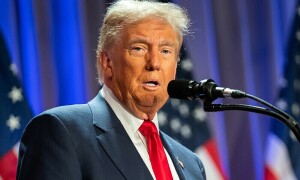


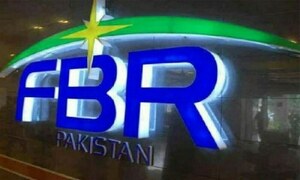
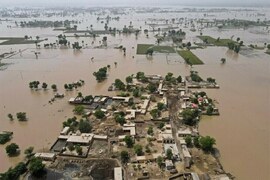







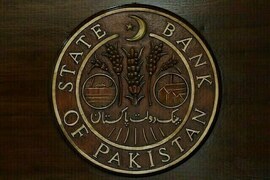
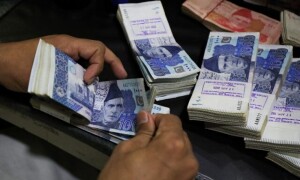



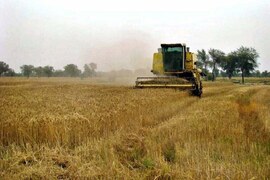
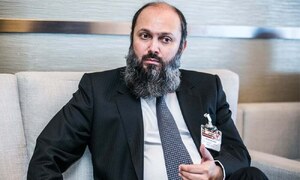

Comments
Comments are closed.